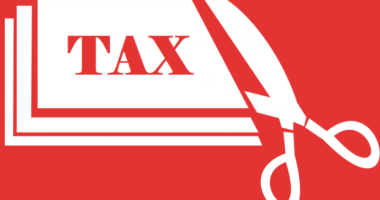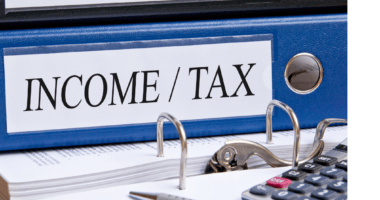The current state of the Indian economy has been making a lot of noise across media channels. Recently, datasets showing the multi-year slowdown of the economy have been released. In addition, the nominal GDP of the country has been worse than that of 2008-09 when a US-triggered recession swept off the global economic growth potential.
During the previous global recession period, about 50 countries across the world suffered the effects of the recession initiated by the US. On the other hand, India consistently registered a quarterly growth of 6% over the 12-month period of September 2008-2009.
The Current Scenario
In the recent past, India has been exposed to the global economy in a number of ways as outside countries have been partnering with the country for the sake of trade under various industries.
Consequently, a slowdown in the global economy affects the economy of the country big time. Reduced trade associations will result in job losses; the nation is already at a 45-decade high in terms of unemployment creating a worrisome atmosphere.
Also Read: Economic Slowdown Affects Advance Tax Collection Targets
Another consequence to be observed is the glaring dip in the automobile sector. India stood at fourth place in terms of automobile sales. However, the demand has been declining over the last 10 months in the sales of automobiles.
Real estate and banking sectors have also been facing a similar issue recently. The activities in the eight core sectors have sharply fallen from 7.3% to 2.1% as compared to the same time a year ago.
The interest has been declining not only in manufacturing sectors, but the situation persists in service sectors as well. Economists share that the discussion of the economic slowdown is a result of the mood created by the policies and quarterly results.
Is a Recession Hit Awaiting?
According to the National Association for Business Economics’s (NABE) Economic Policy Survey, about 98% of respondents have stated that a recession will come after 2019.
However, there is a split in the opinion regarding whether it will come in 2020 or 2021. 34% of respondents have expressed that the recession can be a result of the policies put in place by US President Donald Trump. The US-China trade dispute has left many economists in worry; a lot of variations in the global stock market are noticed due to the trade dispute.
The inversion in the US yield curve, the major recession indicator as seen during all the nine recessions the US has faced after the 1950s, is back again. The yield curve inverses when the near-term Treasury Bonds generate more than the long-term Treasury Bonds. An inverted curve is considered to be the first signs of a slowing economy. The curve inverted to an all-time low of 1.907% over a 30-year period.
Based on the facts and observations made, economists express that a sharp economic slowdown is a definite case if not recession. This slowdown has the potential to cause severe consequences on the US and European countries as was the case in 2008.
For any clarifications/feedback on the topic, please contact the writer at apoorva.n@cleartax.in





